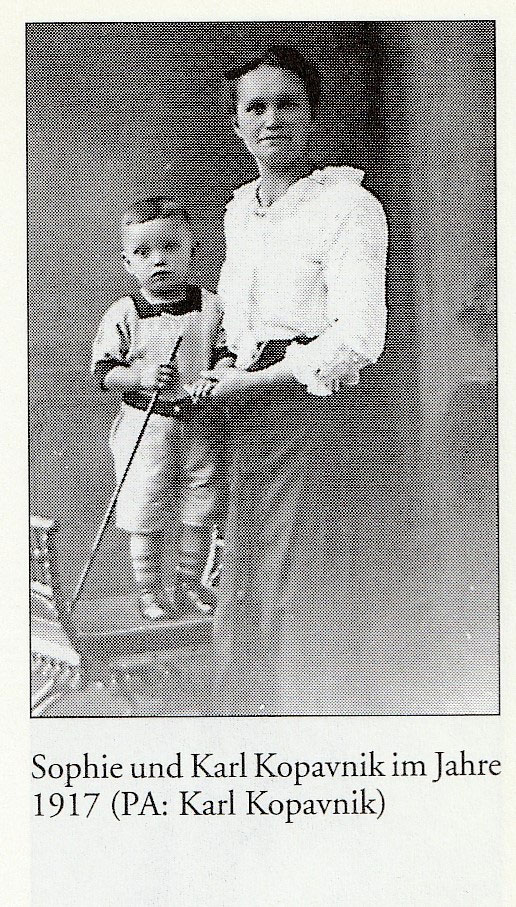A Croatian woman in the German resistance
Born in Osijek (Croatia) in 1879 and raised out of wedlock, Sophie Kopavnik (née Göles) lived in Germany for several decades during the National Socialist regime. She lives in a coal-mining settlement in Duisburg-Beeckerwerth and is married to the miner Franz Kopavnik; the couple has a son, Karl. Sophie Kopavnik works for the Thyssen Group in Duisburg, she has no schooling and can neither read nor write.
Nevertheless, she is very politically active. Even during the German Empire, she takes part in miners’ strikes. During the First World War, she takes part in rallies for women’s rights, is organized in trade unions and becomes involved in the sexual reform movement. Her issues also include the fight against § 218, which criminalized abortion in Germany. Sophie Kopavnik joins the Socialist Workers’ Party (SAP) in 1931.
When the SAP, like other parties of the communist and socialist workers’ movement, is banned in July 1933, Sophie Kopavnik plays a central role in the clandestine reorganization of the party in Duisburg-Beeckerwerth: she distributes illegal pamphlets, makes her apartment available as a contact point and cover address, and at times also houses comrades there. Her son Karl Kopavnik supports her in her resistance activities by smuggling illegal leaflets across the German-Dutch border. He hides them in the tires of his bicycle.
In November 1934, Sophie Kopavnik and her son were arrested by the Gestapo and imprisoned in Dortmund police prison for “preparation for high treason”. A few months later, in July 1935, they stand trial with several other people. They are accused of rebuilding the banned SAP in the Ruhr region. Sophie Kopavnik receives a two-year prison sentence, her son is sentenced to three years. She is imprisoned in the Ziegenhain and Aichach prisons, her son in the prisons in Lüttringhausen and Hameln. Released from prison at the end of 1936, she again takes part in the resistance in Duisburg and is arrested for the second time in February 1939 and “cautioned”.
Sophie Kopavnik survives persecution, but not National Socialism – she dies on March 6, 1945 from artillery fire in Duisburg. She is buried in the municipal cemetery in Obermeiderich (Duisburg), where the fallen and victims of the Second World War are buried. After the end of the war, her son Karl becomes involved in the Association of Persecutees of the Nazi Regime – League of Anti-Fascists (VVN-BdA) and is chairman of the Duisburg.
Dagmar Lieske


